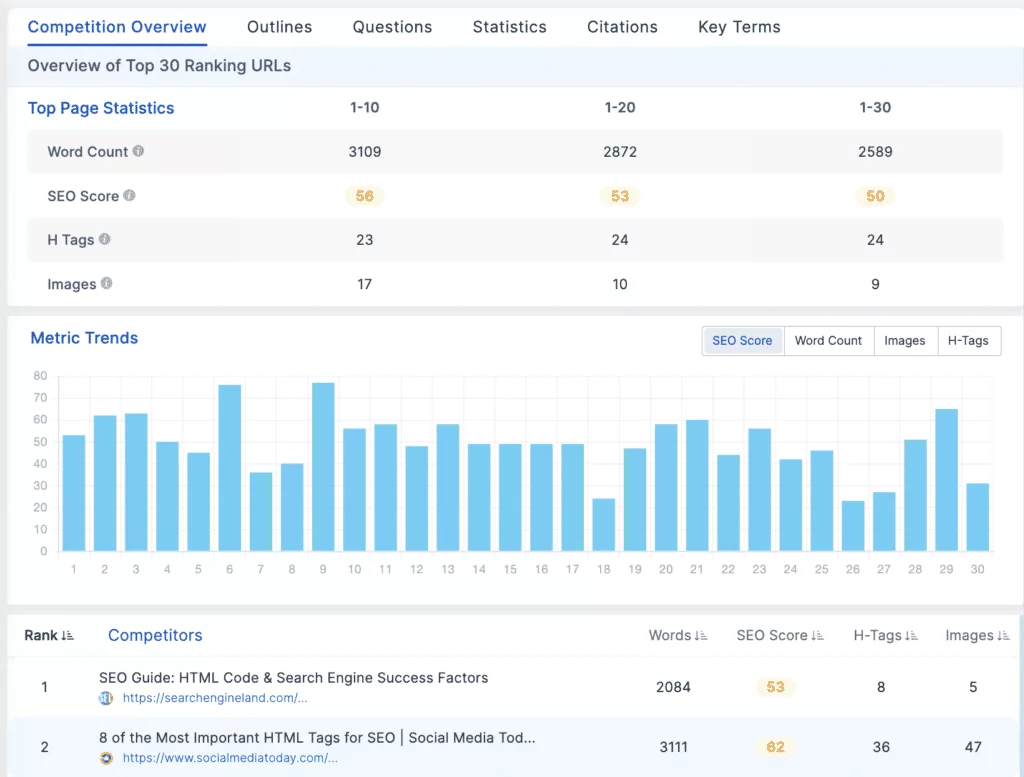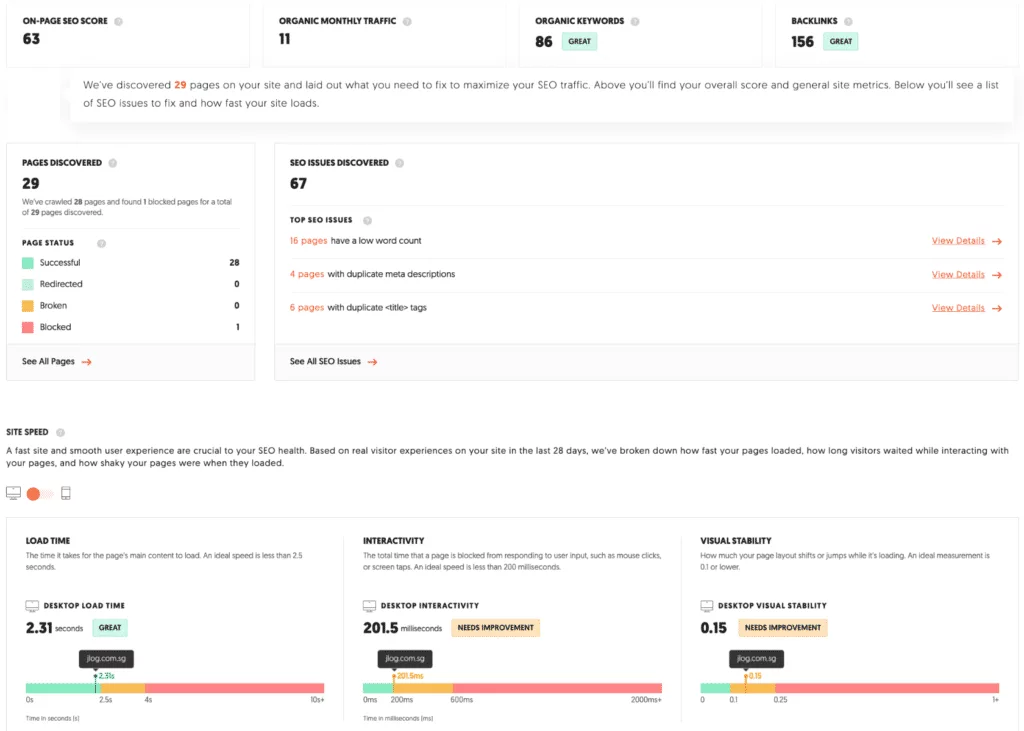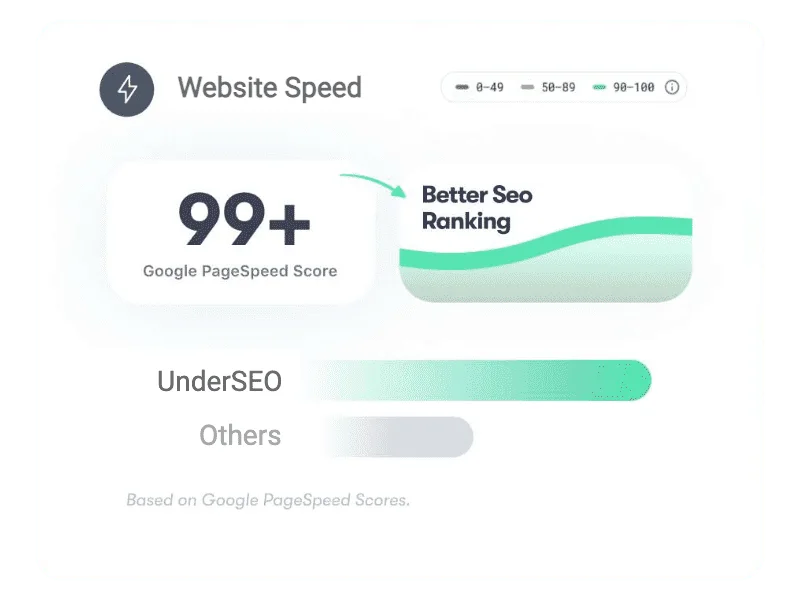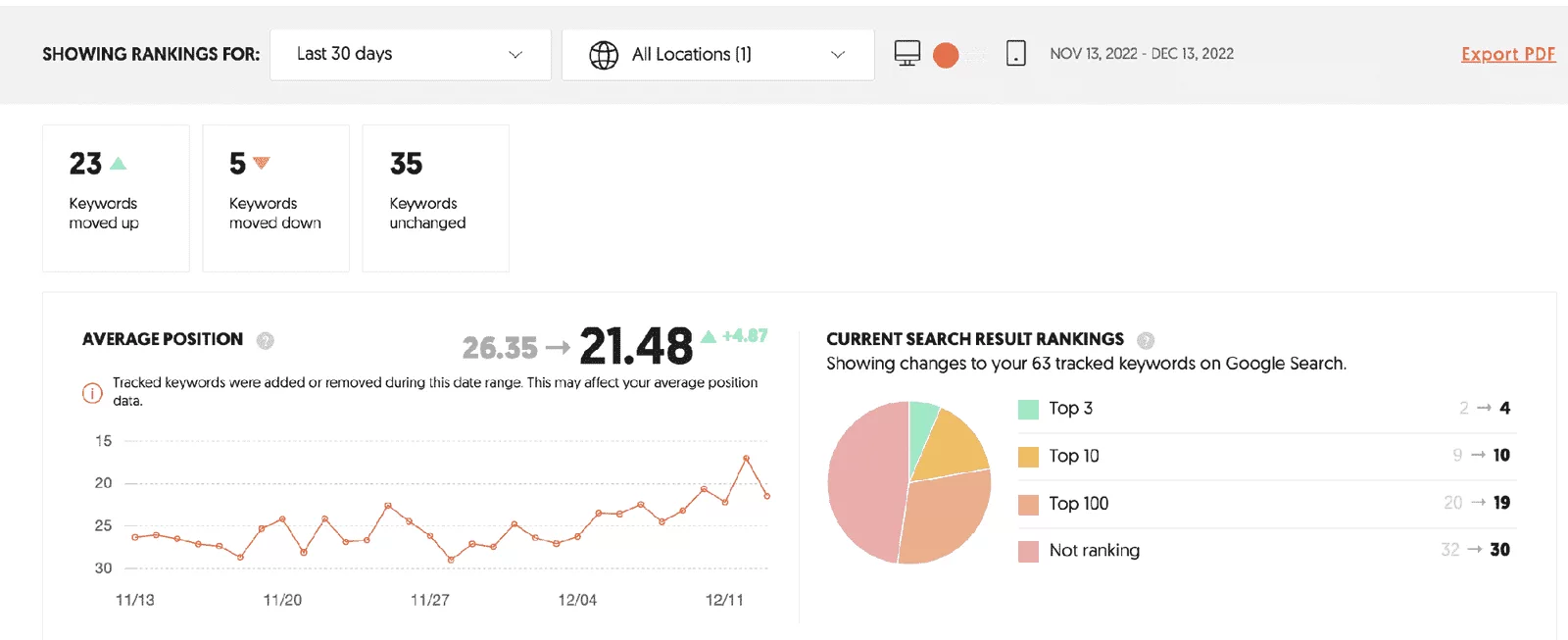Search engine optimization (SEO) is the process of manipulating search results and rankings to increase the search engine results page (SERP) ranking of a website or the search terms that people type into the engine. It has become increasingly important as search engines, such as Google and Bing, have gained prominence in people’s search habits and are directing more traffic to websites.
In July 2022, Google added a new section to its Search Quality Rater Guidelines which states that official, expert or authoritative content creators may also be harmful. In this case, search quality raters must give them the lowest rating.
Quality raters are real people who determine how well Google’s search results meet users’ needs based on the Search Quality Rater Guidelines. E-A-T (Expertise, Authoritativeness and Trustworthiness) is a principle used by Google’s quality raters to determine the quality and effectiveness of their search results.
What Is a Google Quality Rater?
A quality rater is a person contracted by Google to evaluate the quality of search results. A quality rater must consider the website’s design, content, and user experience in order to provide accurate and unbiased ratings. If a website doesn’t meet the quality raters guidelines, it may be removed from search results.
Quality raters also rate web pages using a rating scale defined in the Google Quality Rater Guidelines, which includes topics such as Needs Met (NM), Satisfactory, and Excellent. A quality rater evaluates web pages based on the criteria and guidelines outlined in the guidelines, which can help them determine if websites are meeting the correct level of quality for search results.

Google has reframed its definition of YMYL, revamped its definition of low-quality pages
YMYL pages are held to a much higher standard across all quality criteria. These pages are evaluated based on how well they fulfill a searcher’s needs, known as “needs met” ratings. In particular, low-quality content can still be found on trustworthy and authoritative sites.
E-A-T is crucial for high-quality content. High-quality content is deemed to be of professional quality, accurate, thorough, and beneficial to the user’s experience. This means that it should be informative, relevant, engaging, and of high quality. Moreover, it should also be easily searchable and accessible to users.
As per the guidelines of Google search quality rater guidelines, low-quality content consists of content with low authority (a page’s quality score is low), poor content quality (a page has many errors or spam), low-quality search results (a page shows little relevance to the query), and low-quality content (a page does not provide valuable information).
Hence YMYL pages are not only harmful for search engine optimization but also for the overall website performance. It will negatively impact the trustworthiness of the website and its authority in the search engine algorithm eternally.
To sum up, trustworthy websites must follow E-A-T guidelines consistently for high-quality content in order to remain prominent in the search engine algorithm eternally.
Request Free Review
We start by reviewing your website and then take a look at your current ranking in SERPs.
- Unlock Your Website’s Potential with Our Comprehensive Analysis.
- Outrank Your Competitors with Our Expert Insights and Recommendations.
- Ways for increasing website traffic.
- Get Tailored Recommendations to Achieve Better Results Online.

What Has Changed in the Google Search Quality Rater Guidelines?
Google has updated its quality rater guidelines to reflect changes in the search engine algorithms.
- This includes rating criteria such as website design, content, and user experience.
- The quality rater guidelines now include a scale of five levels (Low, Low-ish, Medium, High, and Highest).
- Raters are expected to consider the purpose of the page and how well it meets the needs of searchers.
- Quality raters must keep up with changes to the search quality rater guidelines to ensure accuracy. This includes making sure their assessment of a page’s quality is consistent with the search engine’s algorithm.
- Quality raters should also review pages on a regular basis and make sure they meet the quality guidelines.
Your Money, Your Life (YMYL) Topics – Section 2.3
- YMYL topics involve the potential to cause harm to people, their financial stability, safety, or welfare. When writing a review for a website that covers a YMYL topic, rater guidelines recommend focusing on the expertise of the author, the authoritativeness of the content, and the trustworthiness of the website.
- Common YMYL topics include finance, medicine, and current events. The rater guidelines also advise rater reviewers to consider the age of the audience, whether they have any prior knowledge of the topic, and other factors that could impact the quality of their assessment.
- When assessing a website covering a YMYL topic, rater guidelines recommend focusing on the expertise of the author, the authoritativeness of the content, and the trustworthiness of the website.
- While writing reviews for websites covering YMYL topics, rater guidelines recommend using search engines and other reputable sources as indicators of quality when possible.
- Finally, rater guidelines recommend staying objective and fair in assessments of websites covering YMYL topics.
Low-Quality Pages – Section 6.0
- ‘Low-quality pages’ feature inadequate E-A-T and unsatisfying amounts of MC for the purpose of the page. This means that the content on the page does not address the topic in an authoritative or everyday manner, and is usually spammy or spam-like.
- The guidelines specify that even authoritative or expert sources can still present harmful content in the form of hacked content or user-uploaded videos.
- These are pages with low page quality, low trustworthiness, low social presence, low editorial quality, low authoritativeness, or poor content quality.
- The criteria for a Low rating now include a reference to the level of E-A-T needed for the page and topic, with everyday expertise often being enough.
Lacking Expertise, Authoritativeness, or Trustworthiness (E-A-T) – Section 6.1
Lacking Expertise, Authoritativeness, or Trustworthiness (E-A-T) can have a negative impact on your website. This is especially true if your website is trying to rank in Google’s search engine. You may have noticed that websites with higher E-A-T tend to rank better than those without.
That’s because Google values Expertise, Authoritativeness, and Trustworthiness when it comes to evaluating websites. To ensure that your website is properly evaluated by Google, it’s important to make sure that you have strong evidence of Expertise, Authoritativeness, and Trustworthiness.
This could include having clear author bios and credentials for contributors, clearly displaying contact information for the website, or featuring reviews and ratings from other customers.
Without this evidence of E-A-T, it’s likely that your website won’t perform as well in search engine rankings as those with strong evidence of E-A-T. Take the time to build up your E-A-T and you’ll be rewarded with better search engine rankings!
Lowest Quality Pages – Section 7.0
The Google search quality rater guidelines have recently been updated to include a section on Low-Quality Pages. If pages meet the following requirements, they will be rated as high quality: high-quality main content, a very high level of E-A-T., user-friendly navigation, and transparency with regard to the source or person(s) responsible for the content. However, if these pages come from official, expert, or authoritative content creators (as described in new section 7.0), they may be given the lowest rating due to their harmful nature.
What is Google’s new document about Search Quality Rater Guidelines?
Google has been diligently working on its Search Quality Rater Guidelines, making several updates over the past 9 months. These guidelines help evaluate all of Google’s various search ranking systems and serve as an important feedback source for understanding which changes make the most impact.
So, just what are these Search Quality Rater Guidelines? Well, it’s essentially a handbook used by Google’s roughly 16,000 contractors all around the world who review live and simulated searches. As part of their highly trained roles, they offer feedback based on these guidelines in order to help improve the overall search experience.
So what do these guidelines include? Well, they cover topics such as how to rate webpages and content, how to conduct user studies, and how to identify spammy websites. Additionally, they provide details on how raters should assess a website’s quality and offer tips on how to provide useful feedback.
Overall, these updated Search Quality Rater Guidelines will help ensure that Google is able to deliver more reliable search results that are tailored to users’ needs. With their help, raters will be better equipped than ever before to evaluate websites and content effectively.
Incorporate YMYL and E-A-T Guidelines To Boost SERP Rankings
– E-A-T is a quality rating system used by search engines like Google to evaluate websites. It stands for Expertise, Authoritativeness, and Trustworthiness.
– In the e-a-t model, trustworthiness is the most important quality a website can have. This quality is based on the content on the page and the design of the page. Apart from that, a website’s expertise and authority also matter a lot.
– YMYL is another quality factor used by search engines to evaluate websites. It’s similar to e-a-t but has its own unique meaning.
– A YMYL page is one that discusses topics such as money or life decisions in detail. Although these topics may be of high importance to the readers of the content, they can also be harmful if they are discussed in a way that discourages people from making an informed decision
How to Incorporate YMYL and E-A-T Guidelines To Boost SERP Rankings
Google’s quality rater guidelines include the concepts of YMYL (Your Money or Your Life) and E-A-T (Expertise, Authoritativeness and Trustworthiness).
- YMYL content has the potential to cause harm to individuals or society or can affect one’s financial well-being, health, or safety. So websites that publish content of this type should be careful when crafting content and ensure it is accurate and balanced.
- To boost search rankings on SERPs, websites need to have a high level of quality content that is consistent and updated. This will help the website appear higher in search results and help increase visibility for the website.
- High-quality content also helps people trust the website and its content, which in turn boosts search rankings. Therefore, it is important to include quality content on a webpage to enhance rankings in search results.
- Finally, websites that link back to other high-quality websites are more likely to appear higher in search results.

Need Some Help?
SEO Quality Update: Google search quality rater guidelines & changes
Frequently Asked Questions
What is Google search quality rater guidelines?
Google Quality Rater Guidelines are questionnaires for manual quality inspection of websites issued by Google to “Search Quality Evaluators”. The quality rater will visit different websites and rate them on a scale defined in the Google Quality Rater Guidelines, considering the website’s design, content, and user experience.
The Guidelines are used to improve Google search results based on website evaluations. The overall PQ rating scale is composed of five levels: Lowest, Low, Medium, High, and Highest. Google’s Search Quality Rater Guidelines are updated periodically to keep up with the latest changes in search.
How does Google evaluate the quality of search results?
In order for Google to deliver the best search results, they use automated crawlers, indexes and ranking systems to identify and categorize webpages based on search keywords.
Quality raters are people contracted by Google to evaluate the websites that appear in search results using a rating scale defined in the Google Quality Raters Guidelines.
Ratings are based on the quality of the website, its design, content, and user experience. Poorly rated websites may be removed from search results altogether. Quality raters must keep up with changes to the Google Quality Raters Guidelines in order to provide accurate ratings.
Conclusion
Google’s search quality rater guidelines are guidelines that help website owners improve their search engine rankings. The guidelines include information about the search engine ranking factors (SFFs), which help search engine crawlers determine the quality of a website, and the search engine ranking quality guidelines, which help search engine users determine the quality of websites.
By incorporating the guidelines into your website and page, you can ensure that your pages pass the quality rater guidelines and enhance your search engine rankings. You can also use the guidelines to improve your SERP rankings by bypassing the guidelines with ease. If you have any queries regarding Google’s Search Quality Rater Guidelines, feel free to contact us!



